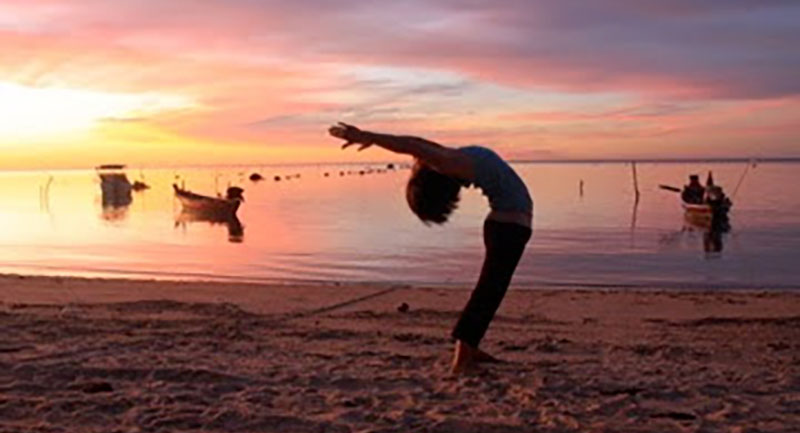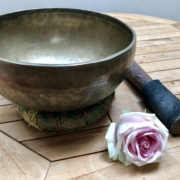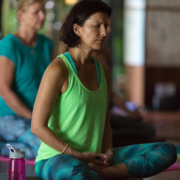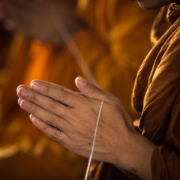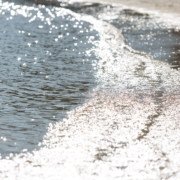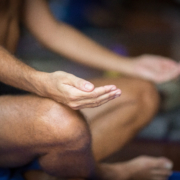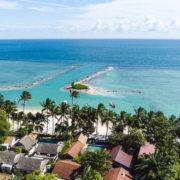 https://samahitaretreat.com/wp-content/uploads/2024/03/DJI_20231220135922_0003_D-scaled.jpg
1920
2560
Kirsten Mia
http://samahitaretreat.com/wp-content/uploads/2024/01/samahita-logo-v2.svg
Kirsten Mia2024-03-20 15:30:592024-03-20 15:30:59Travel, explore, be curious!
https://samahitaretreat.com/wp-content/uploads/2024/03/DJI_20231220135922_0003_D-scaled.jpg
1920
2560
Kirsten Mia
http://samahitaretreat.com/wp-content/uploads/2024/01/samahita-logo-v2.svg
Kirsten Mia2024-03-20 15:30:592024-03-20 15:30:59Travel, explore, be curious!How to avoid Jet lag
Most people really suffer from jet lag after travelling long distances. The good news is that suffering IS avoidable — you just have to be willing to change some flying habits i.e. not do what most people are doing on long flights. It’s worth it!
Working at Samahita, on an island in Thailand, means inevitable long trips for many of us. We have become more and more accustomed to this over the years having trialed all the ways to hack jet lag. It’s so important for us to be able to land with the least amount of impact from a long trip, and get straight to work with joy, even after having travelled half way across the world. And of course, we also want to help our guests to get more out of their stay too.
Yes, there may be fatigue. This is normal as your circadian rhythm is inevitably off, and sleep deprivation is perhaps unavoidable. But that groggy, heavy yet wired feeling that lasts for days is unnecessary suffering. All it takes is a little bit of preparation.
Here are our top tips for surviving long haul flights and to feeling as best as you can when you land.
Before your flight:
- Prepare to sleep, or at least rest. Wear comfortable clothes, and pack an eye mask, neck pillow and good ear plugs or noise cancelling headphones in your hand luggage.
- Hydrate before you board, drinking tons of water the day of your flight. Avoid caffeine and alcohol before your flight. Fill up your water bottle.
- Eat a good, healthy meal before you leave, or at the airport if necessary. Prepare a healthy snack to take with you such as homemade trail mix, for emergencies or when you land.
- Wear blue light blocking glasses to avoid the stark fluorescent light in airports and on planes that will keep you awake by messing with your melatonin production.
On your flight:
- Continue to hydrate. Ask for your water bottle to be filled up regularly. No alcohol or caffeine on the flight, as tempting as it is.
- Fast. At the very least avoid the dense, processed airplane ‘food’ that was prepared hours beforehand. This stodge sitting in your system for the duration of the flight is devastating to your digestion and will make you feel sluggish and weary when you land. Try to fast completely. It’s so easy to eat out of boredom or because you think you should be hungry. If you do feel hungry, first drink more water or herbal tea as you may just be dehydrated.
- Sleep or rest for your usual sleep time e.g. 6-8 hours. If it’s nighttime when you get on the flight try to go to sleep immediately with an eye mask and ear plugs or relaxing music with noise cancelling headphones, ignoring the meal that will likely be served.
- Supplements such as low dose melatonin (1-3mg) to help you sleep or at least rest and the Ayurvedic herb, triphala, to support your digestion are good to take.
- After this period, take walks, stretch and move your body. Practice a few pre-nauli or nauli to keep your digestive system moving. Then enjoy your movies!
When You land:
- Get some natural light if it’s daytime when you land. Otherwise, go to bed but get up at dawn and go outside. Light therapy is powerful: “One of the best ways to handle jet lag is to get up at dawn on your first wake up day in your new time zone and be outside, under the light looking towards the sun, whether cloudy or clear skies” – Paul Dallaghan.
- Ground yourself. Flying is unnatural and extreme for the body, hence the feeling of being so disorientated after a long trip. Try to ‘land’ by walking barefoot on the grass, or along the beach if at Samahita.
- Release tension from sitting for so long by legs up against the wall, a good sweat in a sauna or steam room, or with a massage which also helps sleep.
- Get on the new clock. Try to stay up until it’s nearly bedtime, as tired as you may be, to improve chances of getting a good night’s sleep.
- Sleep is key. Avoid stimulation and blue light before bed and continue supplementing with low dose melatonin for a few days after you land, if necessary.
- Eat warm, cooked, clean and nourishing foods, and only eat when you’re hungry to help balance Vata. Avoid raw, cold food and drinks. Continue to take triphala before you go to bed for a few days until your digestive system is regular again.
- Keep hydrated by drinking lots of water. Add some sea salt, lime or both for electrolytes.
- Move your body. You may not have as much energy but a light yoga practice or workout the first morning can help you adjust.
Happy, safe travels!
More from the Samahita Blog
